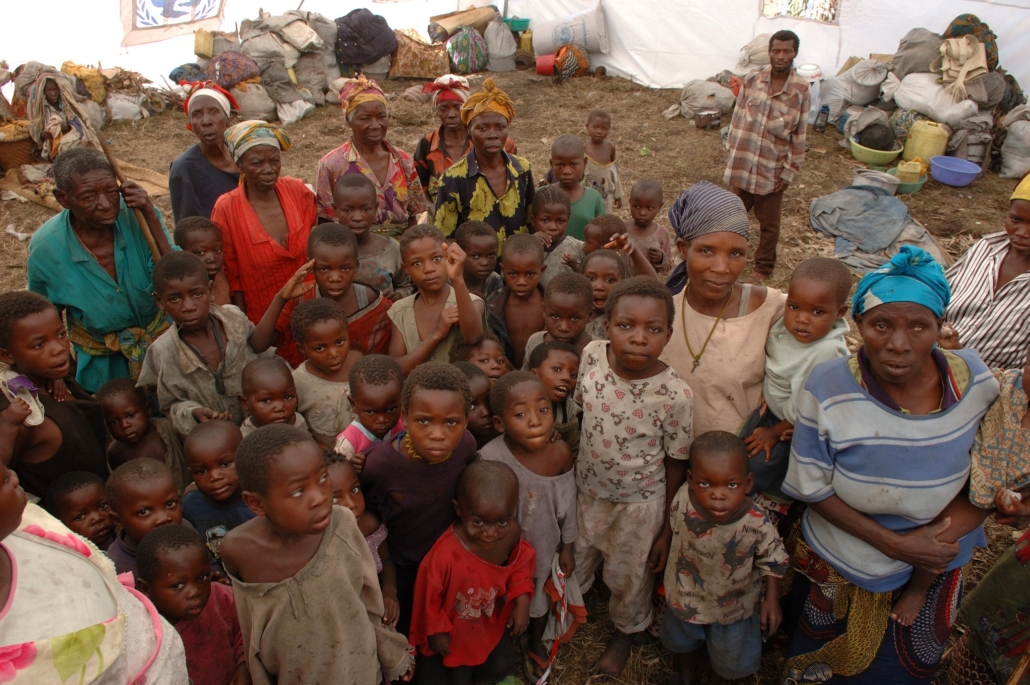Creating Social Harmony through School Canteens

In the Democratic Republic of Congo (DRC), a school canteen program aims to create social inclusion and harmony. It seeks to address issues in a unique way: by connecting to students and the educational system.
About the School Canteen Program
In Lekoumou, located in the Republic of Congo, the school Makoubi comprises indigenous and Bantu children. Indigenous children comprise nearly one-third of the school population.
The indigenous population has historically experienced marginalization and has trouble exercising its rights, which include access to education. More than 65% of indigenous children do not attend school. The school canteen program, which the World Food Program initiated, is working to combat that. The program is a part of the SDG Fund initiative, which is an initiative looking to improve the indigenous community’s access to social protection programs in Lekoumou.
How it Works
During the school day, 313 Bantu and indigenous children sit down and share a hot meal. Parents or most often mothers of the children, cook the meals. Indigenous women, who are often victims of prejudice, meet with Bantu women daily to make the meals.
By working together, these parents are contributing to a growing social harmony. “Strengthening the participation and inclusion of indigenous peoples in Congo’s food systems is a key step in enabling people to have equal and fair access to adequate, nutritious and diverse food.” Not only that, but these meals also enable children to stay focused and prepare for their futures.
The Importance of this Effort
Before the program underwent enactment, tensions between the indigenous and Bantu communities created conflict. Notably, there is still a way to go to reach a better social harmony, but things are improving. When speaking with the WFP, Georgette, one of the indigenous cooks, said, “Before, the Bantus refused to eat meals cooked by the indigenous people because they were considered dirty. Now they do. And even outside of school, things are better.”
She also noticed that without the program, kids were missing school. These meals motivated children to attend school. For the indigenous children, remaining within school is even more important. Due to their weaker access to basic social services, indigenous children often have a harder time escaping poverty.
Reducing Poverty
The school canteen program feeds 313 children in Lekoumou, indigenous and Bantu alike, and promotes social harmony. However, that is not all the program does. As of 2019, chronic malnutrition affected 21% of children in the Republic of the Congo. By providing freshly cooked meals, the program gives many children meals that they might not have received otherwise.
Food insecurity affects a child’s academic progress in many ways. Children suffering from food insecurity are more likely to suffer from hyperactivity, absenteeism, generally poor behavior and poor academic functioning. These children are also more likely to need special education services, which can cost twice as much compared to a child who does not require such services.
Education has direct ties to poverty in the sense that having an education gives people a better chance at escaping poverty. Providing children with meals makes them healthier, more socially involved and more engaged. The WFP recognizes this and continues to do this while healing the rift between two communities at the same time.
– Ariel Dowdy
Photo: Flickr
